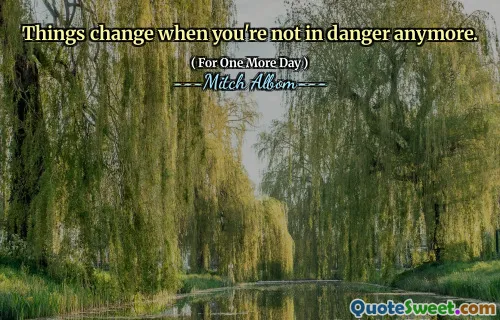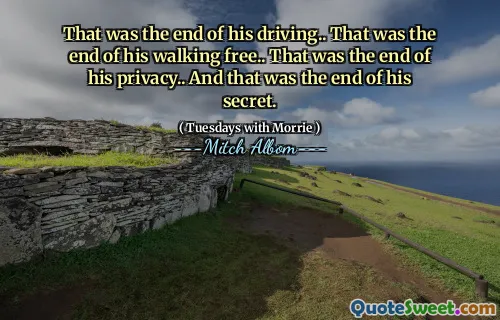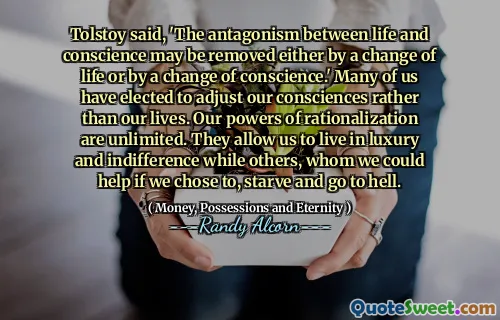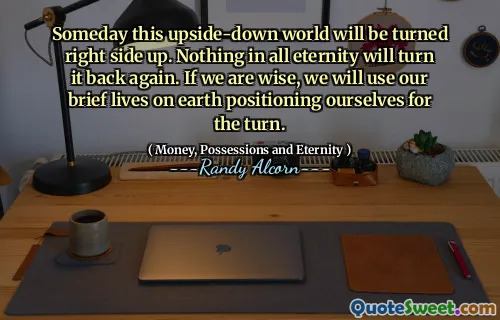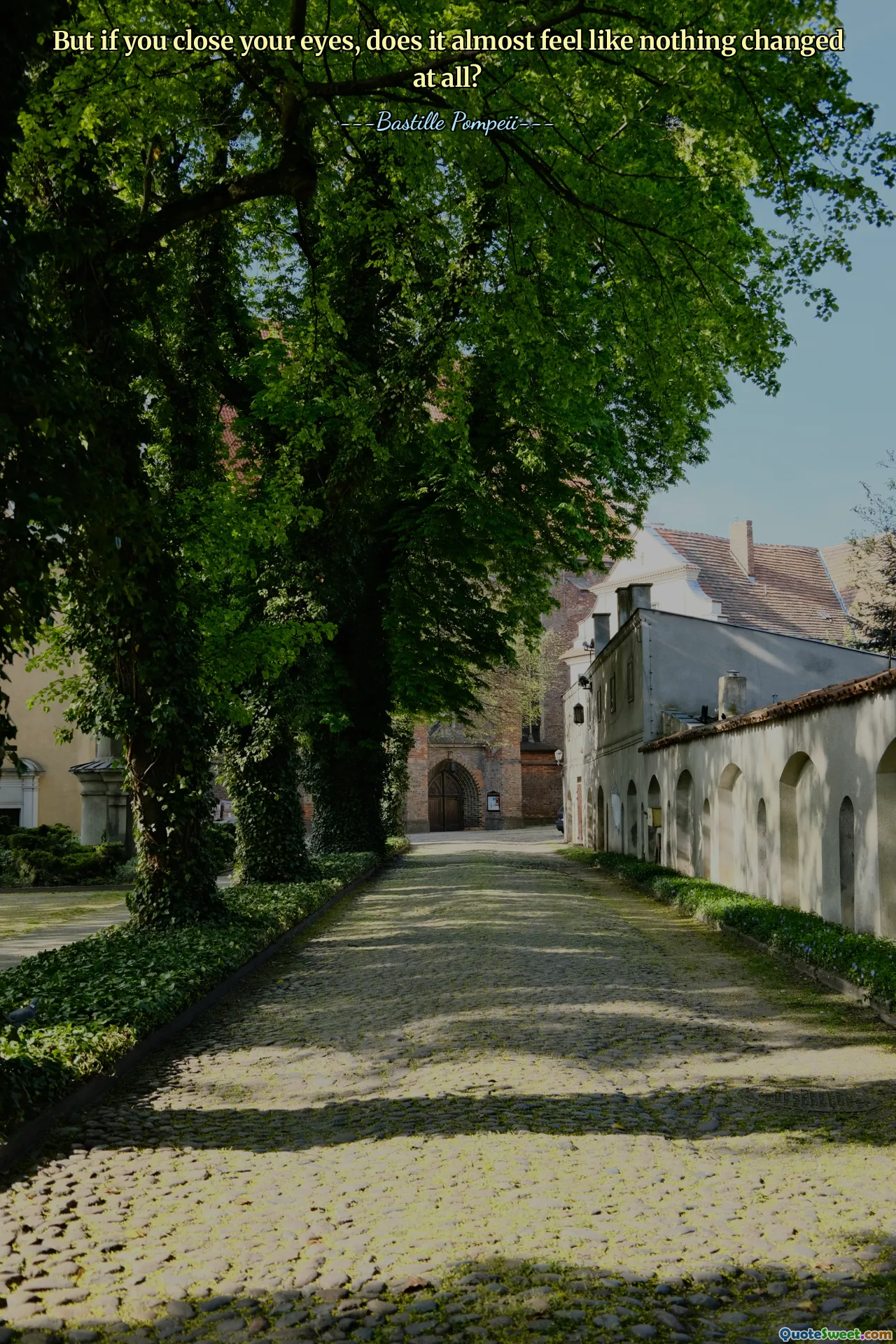
But if you close your eyes, does it almost feel like nothing changed at all?
This quote poignantly captures the tension between perception and reality, especially in the context of change and emotional resilience. When we face difficult situations or undergo personal transformations, it’s often tempting to shut our eyes or block out our surroundings as a defense mechanism. Closing our eyes provides a temporary escape, creating an illusion that everything remains the same, even when the world around us is shifting beneath the surface. This feeling of stagnation, despite underlying change, can be both comforting and unsettling.
From one perspective, closing the eyes might symbolize denial or a refusal to confront reality. It’s easier to pretend that nothing has changed, to cling to familiar routines and states of mind, especially when adapting to loss, disappointment, or uncertainty. However, this act can also highlight the human tendency to seek solace in ignorance, sometimes at the expense of growth.\n\nOn a deeper level, the quote reminds us that change is often imperceptible at first glance. Sometimes, significant transformations happen gradually, almost unnoticed. It’s only when we pause, reflect, or deliberately look inward that we realize how much has shifted within us or around us. Whether it’s personal growth, societal shifts, or emotional healing, progress often unfolds silently until it reaches a point of noticeable impact.
The line prompts introspection about the nature of perception—how much of our experience is based on what we see or believe on the surface, versus what truly is beneath that surface. It suggests that a certain mindfulness, an awareness that doesn’t rely solely on immediate sensory input, is necessary to recognize and appreciate genuine change. In a world that often values outward appearances and instant gratification, the quote subtly advocates for patience and self-awareness to fully grasp the depths of transformation.
Ultimately, this quote invites us to consider whether our instinct is to ignore the reality of change or to embrace it, even when it’s subtle or unsettling. It challenges us to look beyond the comfort of the familiar and to acknowledge the growth that occurs quietly in the background—sometimes only visible when we open our eyes or broaden our perspective.






